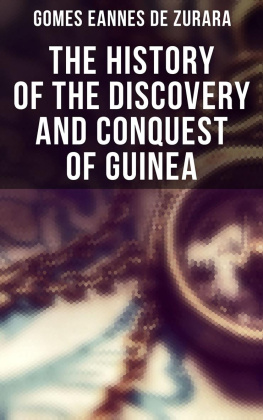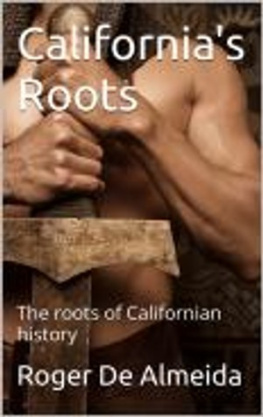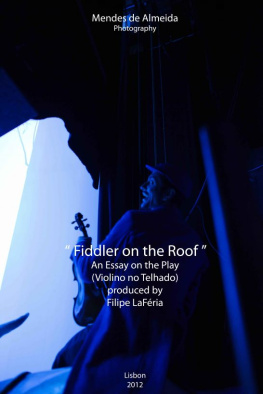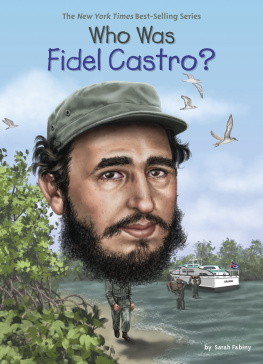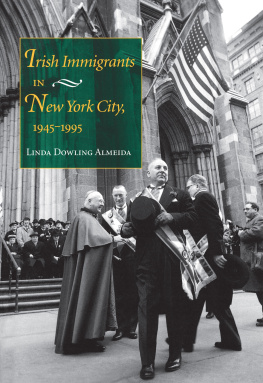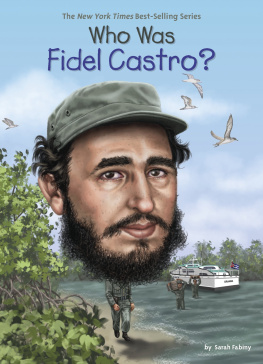First published in 1936 by George Allen & Unwin Ltd.
This edition first published in 2018 by Routledge
2 Park Square, Milton Park, Abingdon, Oxon, OX14 4RN
and by Routledge
711 Third Avenue, New York, NY 10017
Routledge is an imprint of the Taylor & Francis Group, an informa business
1936 Taylar & Francis.
All rights reserved. No part of this book may be reprinted or reproduced or utilised in any form or by any electronic, mechanical, or other means, now known or hereafter invented, including photocopying and recording, or in any information storage or retrieval system, without permission in writing from the publishers.
Publishers Note
The publisher has gone to great lengths to ensure the quality of this reprint but points out that some imperfections in the original copies may be apparent.
Disclaimer
The publisher has made every effort to trace copyright holders and welcomes correspondence from those they have been unable to contact.
A Library of Congress record exists under ISBN: 36015389
ISBN 13: 978-1-138-55126-8 (hbk)
ISBN 13: 978-1-315-12291-5 (ebk)
CONQUESTS & DISCOVERIES OF HENRY THE NAVIGATOR
PORTRAIT OF THE INFANTE DOM HENRIQUE (HENRY THE NAVIGATOR)
From a miniature of the fifteenth century.Azurara, Chronique de la Conqute de Guine, B.N. Paris, ms. Port. 41, fol. 5
CONQUESTS & DISCOVERIES OF HENRY THE NAVIGATOR
BEING THE
CHRONICLES OF AZURARA
Portuguese Navigators & Colonizers of the
Fifteenth & Sixteenth Centuries
edited by
VIRGINIA DE CASTRO E ALMEIDA
with a Preface by
MARSHAL LYAUTEY
translated by Bernard Miall
Translated from the first French edition of Chroniques de Gomes Eannes de Azurara, in the series Les Grands Navigateurs et Colons Portugais du XVe et du XVIe Sicles: Anthologie des crits de lEpoque par Virginia de Castro e Almeida. ditions Duchartre, Paris, 1934
FIRST PUBLISHED IN ENGLISH, 1936
All rights reserved
PRINTED IN GREAT BRITAIN BY
UNWIN BROTHERS LTD., WOKING
SENHORA VIRGINIA DE CASTRO E ALMEIDA has asked me to introduce to her readers a work which is destined to make the heroic colonial epope of Portugal more widely known to the general public.
To this wish of hers I very gladly accede, although my compatriots have but recently had occasion to admire the colonizing achievements of her country, as they passed through the halls of those delightful palaces which constituted, in the International Colonial Exhibition, the instructive and suggestive Lusitanian section.
I can only repeat what I said, with complete conviction, when I made my inaugural speech on the day when these pavilions opened their doors.
You are truly, I said, the pioneers of European civilization on the shores of the Atlantic and Pacific Oceans.
Yours is the land of the boldest navigators, and you have left indelible traces of your passage and your activities in every part of the earth; in America, in Africa, in the Atlantic and Pacific Oceans, and in the Far East.
When we consider that promontory in the southwestern comer of Europe which the Romans called Sacrum, and which you, in the Latin fidelity of your beautiful tongue, still know as Sagres, we see, on a wild plateau which is battered by the ocean gales, the ruins of a fortress of the fifteenth century, once the home of a prince, Henry the Navigator, who combined the disinterestedness of the scientist with the austerity of the saint.
In the shelter of these ancient walls were accumulated the manuscripts and the nautical charts which summed up the geographical knowledge of the Westthere was the book of Marco Polos travels, and there the charts which were drawn by Don Jayme de Mayorca (the Jewish maker of compasses) for the instruction of Portuguese officers.
How it thrills one to picture him leaning over the ramparts, eager to wrest its secrets from the unknown ocean!this prince whom a manuscript in our national library depicts as clad in drugget, a black hood upon his head.
And it was from this centre, inspired by this flame, that so many navigators set out to reconnoitre the shores of Africaso near, yet still so mysteriouslittle by little revealing to the world the lineaments and even the living faces of this Africa, which one cannot touch without loving.
And Madeira, the Azores, the Canariesislands adorned with flowers and rich in fruitsthey held the promises of those legends that told of the Fortunate Isles.
As early as the middle of the fifteenth century you reached Cape Verde, and the captains of your caravels used to tell one another, as one of their company relates, that Great is the desire of our Senhor the Infante to learn something of the Land of the Negroes, especially of the Nile; let us then go forth to conquer until we have found the Earthly Paradise.
I do not know whether they found the Earthly Paradise in Africa, but of one thing I am sure: namely, the passionate interest of which one is conscious on comparing one with another your charts of the fifteenth century, on watching the gradual appearance on the coasts of Africa of the names which are now familiar to us all, and the location, from year to year, in their proper latitude, of those capes and river-mouths which are the sailors landmarks.
And on these maps we see the points at which Diego Co, in obedience to the command of King Joo the Second, erected those padres, those stone columns which bear at the base the arms of the sovereign, and above it the cross of Christ.
I seem to remember that the Geographical Society of Lisbon has piously preserved one of these crosses, which was set up at the mouth of the Congothat river which remained unknown until the last quarter of the nineteenth century.
We think of your Homer, Camons, singing in his Lusiads the exploits of your navigators.
We think of the Viceroyalty of the Indiesof Alfonso dAlbuquerqueof Brazil, which you were the first to open up for civilization.
I myself have encountered you all along the coast of Morocco; at Mazagan, where your walls are still standing, and the fine monumental gates that bear the arms of your kings; in the old seaport of Safi; and at Mehedya, where your navigators foresaw the importance of what has to-day become the harbour to which Morocco has given my name.
These are noble titles to glory, of which your nation may lawfully be proud. But if, on turning from the past, I consider the many points of the globe above which your flag flies to-dayif, recalling the many great memories which are common to our two nations, I think of the ideal of your civilization, and your achievements overseasI salute the colonizing efforts of Portugal as among not only the most glorious, but also the most efficacious and best deserving of the gratitude of humanity.


